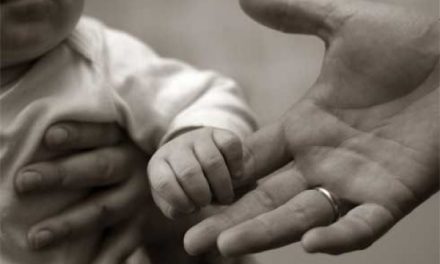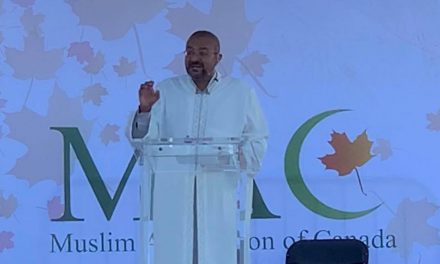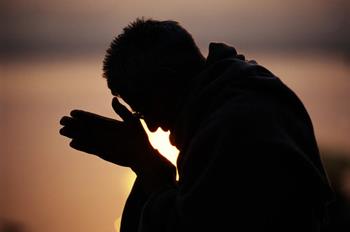Question:

As-Salamu Alaykum, Dear Scholars. I was wondering about the Prophet’s (peace be upon him) death. I have heard stories that a Jewish woman gave him poison and he died from this poison and that it was a test that she gave it to him to see if he (peace be upon him) was a real prophet. If he lived, then he was a prophet and if he died, then he was not. What is the true story about the death of the Prophet (peace be upon him) and does this story have any truth? I have always read that Prophet Muhammad (peace be upon him) died from an illness and that when Gabriel recited the Quran with him twice during Ramadan of that year, Prophet Muhammad (peace be upon him) knew that his death was near. I have also seen some hadiths that talk about the Prophet being poisoned by a Jewish woman from Khaybar. Please explain. Also, if possible, what are some great links about the life of the Prophet (peace be upon him)?
Thank you. Dino
![]() Answer:
Answer:
Salam Dear Dino,
Thank you for your question and for contacting Ask About Islam.
You are referring to a story that is narrated in several Hadith books with different narrations. Please refer to Al-Bukhari (number 2474), Muslim (number 2190), Al-Mustadrak (numbers 4967 and 7090), Abu Dawud (numbers 4508, 4509, and 4512), Bayhaqi (numbers 15784, 15786, 15789, 15791, and 19500), Darami (number 67), Darqutni (number 130), and Imam Ahmad’s collection (numbers 2785 and 3547).
A summary of all these narrations is the following:
A Jewish woman gave the Prophet (peace be upon him) a grilled lamb for a gift. When he (peace be upon him) and his companions started to eat from it, he told them, “Stop eating. This lamb has poison in it.” And one narration says that he said, “This lamb is telling me that it has poison in it.” The Prophet (peace be upon him) went and asked her, “Why did you try to poison me?” She answered, “I wanted to know whether you are a prophet or not. I had thought that if you were a prophet, then God would tell you about it, and if you were a liar, then people would be relieved from you.”
There are authentic narrations that say that the Prophet forgave her and there are other authentic narrations as well that say that one companion by the name of Bishr ibn Al-Bara’ died from that poison and that the Prophet (peace be upon him) ordered the woman to be killed for killing him.
Scholars have different opinions about which narration is more authentic, but I believe that both of them are authentic and the following is the way by which both could be understood in one context: The Prophet (peace be upon him) at first forgave the woman for trying to poison him but later he ordered her to be killed when Bishr died from the poison. According to Imam Bayhaqi (number 15791), Bishr became sick after the meal and, later on, died from the effect of that poison. So the Prophet (peace be upon him) punished the woman, after she confessed, for being responsible for Bishr’s death.
The direct effect of the poison on the Prophet (peace be upon him) was a mark on his gum that Anas, his companion, said that he could recognize.
There is one narration by Imam Darami (number 67) that suggests that the Prophet (peace be upon him) died because of a long-term side effect of that poison. In that narration, the Prophet (peace be upon him) said, days before his death, “I have not been feeling well since that meal I ate at Khaybar.
So, it seems that it is time for my heart vasculature to disconnect because of it.” So, according to this narration, the Prophet (peace be upon him) was guessing that the long-term effect of the poison played a role in that sickness, but this guess was never confirmed through a revelation. All other narrations say that the Prophet (peace be upon him) died of a fever, the medical cause of which was not known.
In any case, what the woman claimed, which is that her poison was her proof for whether Muhammad (peace be upon him) was a prophet or not, has no foundation. Many prophets of Allah before Muhammad had been killed and their death was not a sign of them being liars.
The other narrations that you are referring to are correct. The Prophet (peace be upon him) knew about his death from Angel Gabriel and told several of his family members and companions about it. He also referred to his death in the speech of his last pilgrimage, which was months before his death.
Allah Almighty also gave him a sign in the Quran by the revelation of Surat Al-Nasr that year, which was a sign for the completion of his message, as Ibn `Abbas explains. Then, he was given a choice between becoming a great king on earth and meeting his Lord, and he chose to meet his Lord (refer, for example, to Al-Bukhari, number 80, and Darami, number 79).
Regarding your request for online links about the life of the Prophet (peace be upon him), please check the links provided below.





